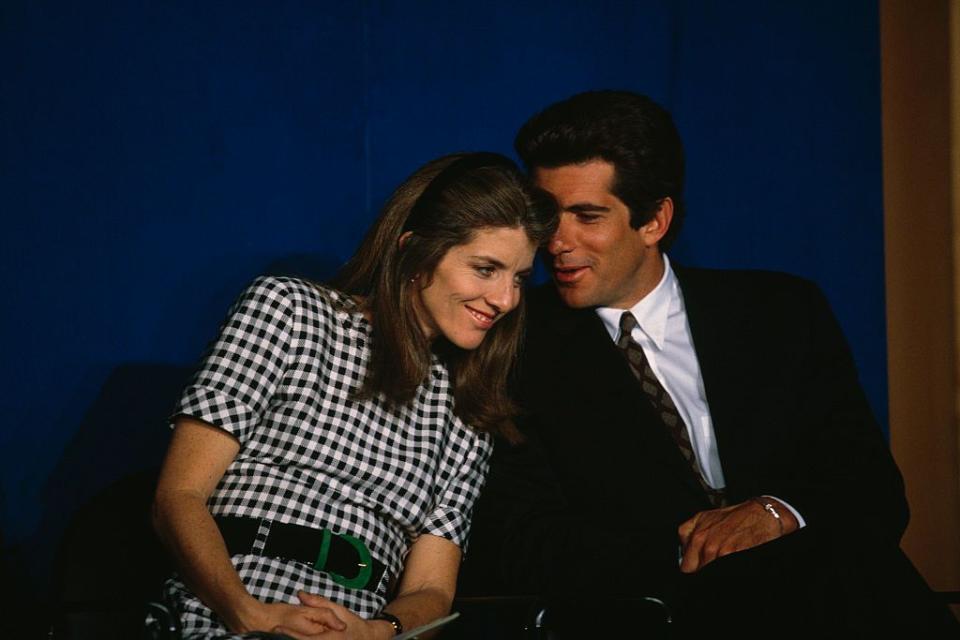Before His Death, JFK Jr. Was Considering a Run for Executive Office

So much of the Kennedy family mythology centers on lost potential. What would JFK have accomplished in office had he not been assassinated? Would Bobby Kennedy have been elected president? Would his administration have changed the U.S. for the better?
It's easy to look at the tragic death of John F. Kennedy Jr. through the same lens.
But JFK Jr.'s friend and biographer Steven Gillon isn't keen on questions about what John would be doing today, had he lived. "I want John to be remembered for the life that he lived and not for what he might have become," Gillon told Town & Country, ahead of the 20th anniversary of the plane crash that killed not only the former first son, but also his wife Carolyn Bessette Kennedy and her sister Lauren.
"When you think about John, you don't have to think about the unfulfilled potential. You can think about the life of dignity that he led."

But Gillon did shed some light on an oft-asked question about John: did he have any plans to go into the family business?
According to the historian, Kennedy had considered running for New York's open senate seat Senate in 1999 (the one eventually won by Hilary Clinton), but he was perhaps more interested in an executive role in the government.
"He had this exploratory meeting in March 1999 about whether to run for the Senate so he was definitely thinking about it but George was in a bad state, his marriage was in a bad state. He wasn't ready. He's fighting with his sister. His best friend is dying. He had a lot on his plate," Gillon told T&C.
"He didn't want to be a legislator—he always saw himself as an executive. Maybe he would run for governor of New York."
But Kennedy didn't see running for office as a family obligation, Gillion says.
"My view is he did not want to go into politics because he was a Kennedy. He wanted to do things that no one expected him to do. He wanted to really find out who he was based on his own experiences," he says.
"When I first met him in the '80s he always referred to his father as 'President Kennedy.' Almost as if he's trying to keep his memory at a distance. Later on in the early 90s he's referring to him as 'my father.' The last time I spoke to him he called him 'my daddy.' I think he was finally embracing that politics was in his DNA and he could be good at it."
('You Might Also Like',)

